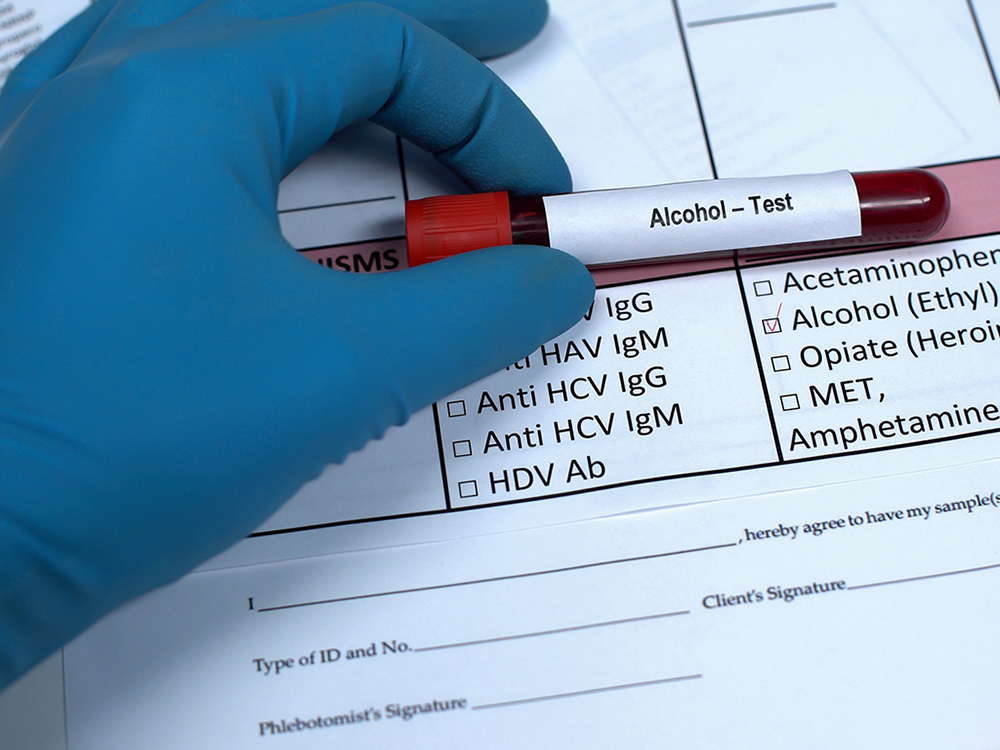Blood Alcohol Content (BAC) Limits in Tennessee
While on the surface BAC (Blood Alcohol Content) limits seems like a simple enough topic – get a DUI conviction if you’re over the limit, scot-free if you’re under – it’s actually a little more complicated than that. Now, while the legal limit in Tennessee is cut and dry, your BAC as a determining factor in whether you get charged with a DUI is not nearly as open and shut. Read on to learn more about what you need to know about BAC, how it’s determined, your rights, and its role in determining a DUI charge and/or conviction should you ever be pulled over for suspicion of drunk driving.
What is the legal BAC (Blood Alcohol Content) Limit in Tennessee
The current BAC limit in Tennessee, so long as you’re not underage or driving a commercial vehicle (more on this later), is .08. This is the blood alcohol concentration level that lawmakers consider to be the tipping point between “safe” and “not safe” for the average person. Much like the speed limit of 70 mph, .08 is the metaphorical line in the sand.
However, unlike the speed limit, there’s no gray area. You likely won’t get a ticket for driving 71 in a 70 mph zone, but a .08 BAC is alone enough for a DUI conviction because, in general, drunk drivers are given no benefit of doubt. After all, no one can justify the need to drive drunk the same way you would driving too fast.
BAC limits used to be much laxer. For instance, the first commonly-used BAC, in 1938, was 0.15 – almost twice today’s national legal limit (also .08 – adopted by Congress in 2000). The legal BAC limit has decreased over the years due to crash statistics and pressures from groups like MADD (Mothers Against Drunk Driving). In fact, NTSB (national Transportation Safety Board) has, as recently as 2013, even suggested lowering the limit to .05.
But for now, the national legal limit and the one in Tennessee remains at .08. That is, unless your underage or operating a commercial vehicle. If you’re under 21, any trace of alcohol will warrant a DUI charge. If you’re operating a commercial vehicle, the legal BAC limit is .04.
How is BAC determined?
There are three ways a BAC can be determined: breath, blood, and urine. In the past, the breath tests were by far the most common because the devices are lightweight and portable, meaning the test can be administered on the spot during a traffic stop. But because breathalyzers assume averages, they can result in inaccuracies. Factors such as the presence of other chemicals and even diet can also skew the readings. Also, these tests do not detect the presence of drugs.
Blood tests take longer for results to come back and require administering by a medical professional. Because the results of a blood test are more difficult to challenge in court, and because these tests can detect drugs which might cause driver impairment, they have become the most common way of testing for BAC.
Urine tests are not used in Tennessee.
Can I refuse a BAC test?
Yes, you have the right to refuse a chemical BAC test. However, you will be charged with an Implied Consent Violation which, if proven, carries with it an automatic 1 year license revocation if you’ve had no prior DUI convictions and you weren’t involved in a crash resulting in serious bodily injury or death (penalties are stiffer otherwise).
Even if you refuse, Tennessee allows forcible blood draw if a warrant is obtained, and this scenario isn’t uncommon.
Can you can get a DUI with a BAC below .08?
You bet you can. DUI laws also apply to any form of intoxicated driving. If your BAC is below .08, you can still be convicted of DUI if there is other proof, such as poor coordination, speech, or erratic driving, that indicates your driving was impaired. More commonly, people are prosecuted even with a BAC of .00 when there is proof they were impaired by drugs. It is the officer’s discretion on whether to charge you with a DUI. In fact, the BAC test will not even be given until after you’re arrested. If the officer believes you were driving erratically, thinks you look or sound impaired, or believes you “failed” the field sobriety test, he or she can charge you with a DUI.
So .08, while the legal limit, is not an end-all be-all.
Can my DUI case be successfully defended if my BAC was above legal limit?
99 times out of 100 the BAC is over the legal limit in cases we defend, and we successfully defend these types of cases routinely. If you’ve been charged with a DUI, give us a call for a free consultation, and we will walk you through your options and determine the best way to proceed to protect your rights.
Posted in DUI

FREE CONFIDENTIAL CONSULTATION

